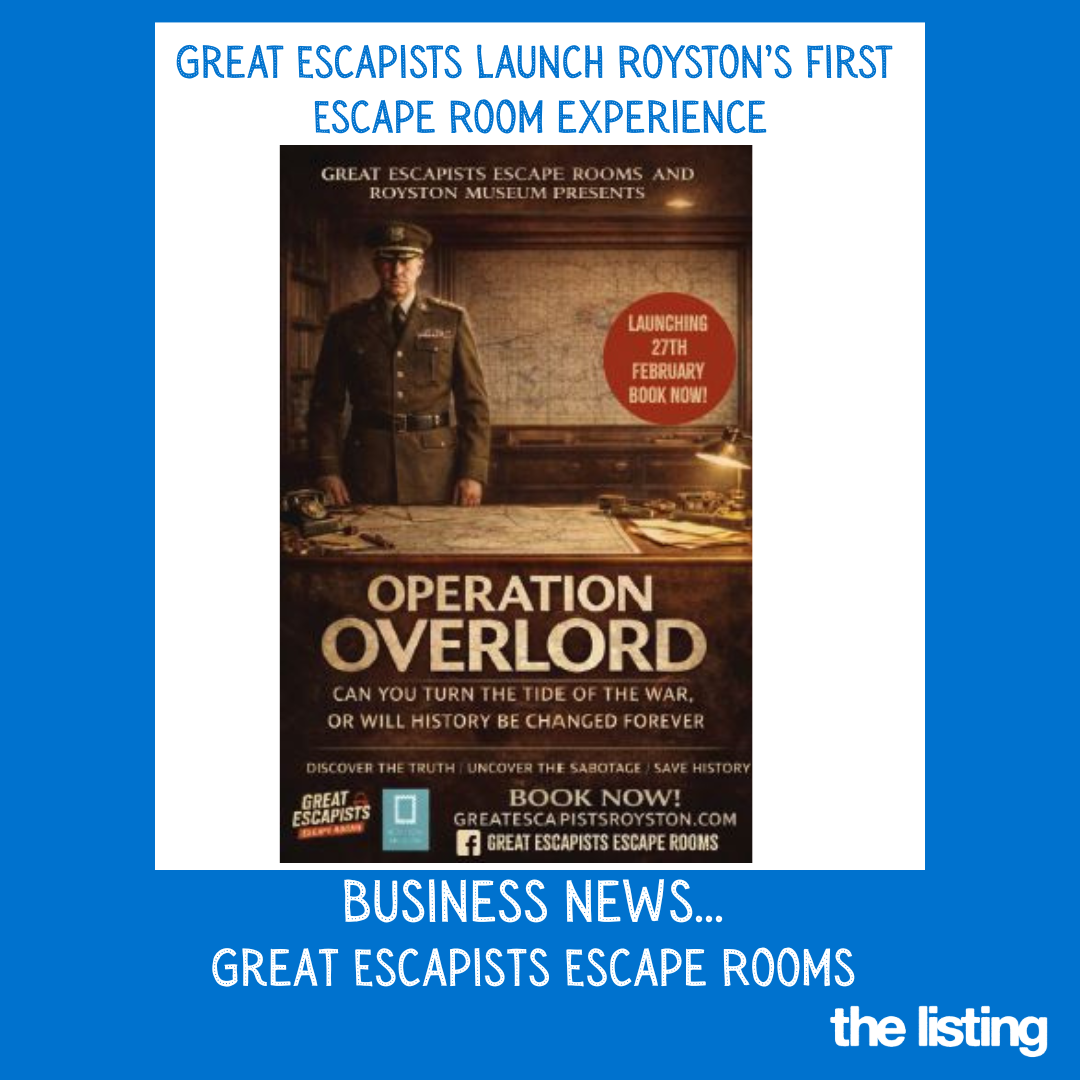 To make progress, we need to set targets, goals, and objectives – call them whatever you like – but to be effective, they should be SMART.
To make progress, we need to set targets, goals, and objectives – call them whatever you like – but to be effective, they should be SMART.
Let’s work through the SMART acronym (there are some slight variations in the meanings, but they all end up in the same place).
I’m going to use a non-business example, eg. ‘I’m going to get fit this summer’. Great! But how are you going to measure your progress? How will you know when you have ‘got fit’?
S: Specific. What does ‘get fit’ mean? Can we be more specific? So something like, ‘I’m going to run 5k’. Now we have something to work towards.
M: Measurable. If you don’t measure it, you can’t manage it. So for us to create a plan to manage our fitness journey, we need something that can be measured, e.g. ‘I’m going to run 5k in 25 minutes’.
A: Agreed. Your plan should be agreed upon by your stakeholders. Family? Workmates? Management? For example, ‘Will you support me in my plan to get fit? You’ll need to get your own dinner on Tuesdays…’
R: Realistic. Your goal should be realistic, not a pie-in-the-sky target that will inevitably cause you to fail. Do research, talk to experts, friends… So in my example, maybe 25 minutes is a bit too ambitious, so, ‘I’m going to run a 5k in 30 minutes’.
T: Timed. When are you going to get this done? There needs to be a (realistic, agreed) deadline for this project, based on what you have found out so far.
So my final statement might be, ‘I’m going to run Royston in Blue 5k in 30 minutes, on June 23rd, 2024, on Royston Heath.’












